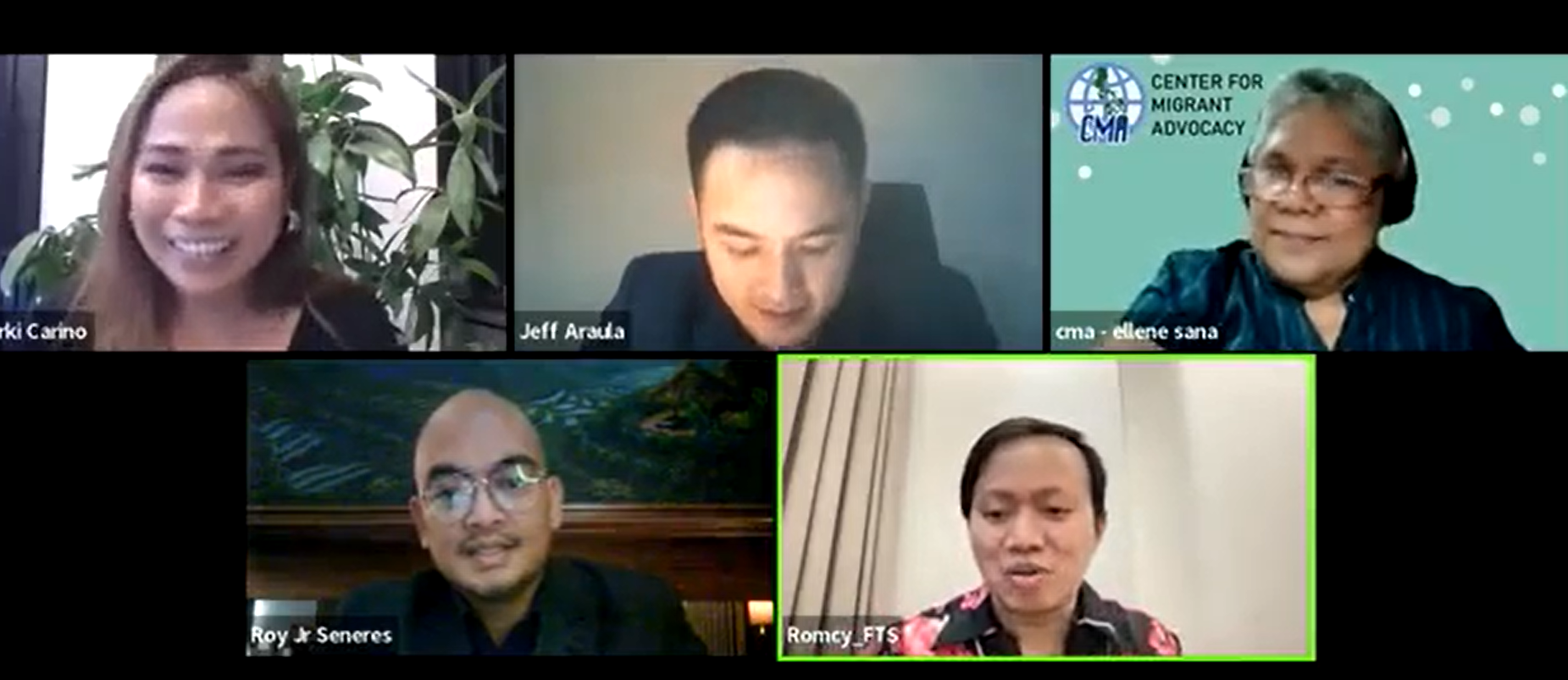Question: what’s an anti-slavery activist doing at an environmental sustainability conference for businesses? Answer: getting the same corporations that are helping to protect air, water, wildlife and natural resources around the globe to also protect the world’s most exploited people—those trapped in modern-day slavery.
FTS Director of Programs Karen Stauss told business leaders last week at the GreenBiz Forum in Phoenix that American corporations can make a substantial difference in eradicating slavery.
The annual convention brings together industry leaders, members of major environmental groups and business executives to tackle the latest trends, challenges and opportunities in sustainable business. But more and more companies are also expressing interest in ending their role in supporting slave labor.
The Free the Slaves mission to end slavery intersects with sustainable business goals by empowering companies to erase slavery from their production chains.
“The slavery that we are working on ending sometimes touches multinational supply chains,” Stauss said. “When forced labor happens to connect to multinational supply chains, that’s when we get involved with businesses, and that why we are at the conference.”
To combat the growing problem of slavery, it’s vital for companies to work together in creating a transparency about where their supplies come from, said Stauss.
“Collaboration within the industry is absolutely essential to get the leverage and to learn from each other about what works,” she said. “Ingenuity and innovation can get us there.”
One crucial way businesses can help end slavery is by being involved in drafting governmental legislation and initiatives. For example, Stauss pointed to the California Transparency in Supply Chains Act, which went into effect in 2012. The legislation—which was supported by several large retailers and manufacturers—requires companies to report on specific actions they’re taking to eradicate slavery and trafficking in their supply chains.
“Although the ultimate responsibility lies with the government, not the companies, businesses can make a difference by being involved with legislation,” Stauss said. “I think that those types of initiatives are so much better when companies are behind them and designing them.”
Many companies and corporations are reluctant to try to combat slave labor because they don’t understand the “business reason” for getting involved, said Todd Brady, the global environmental manager for Intel.
Intel has improved visibility of its production supply chain. It has also been proactive in avoiding “conflict minerals” from Africa, which are often tied to slavery at mines. Years ago, however, Brady and other Intel executives felt the issue was too big to address.
“I stand here to tell you I was wrong. We were self-defeating to say the issue was too big,” Brady told the forum. “As the industry got involved, we took steps to combat the problem.”
Some business leaders may not be aware that the products they sell, or the components and raw materials inside their products, are often tainted by slavery. While slavery may not be a legal issue for these businesses to solve, it is always a moral one, said Stauss.
“When there is a company several steps away from the supply chain, those companies are not legally responsible for the abuse,” Stauss said. “But all of us are responsible to some degree for it, even the consumers. It’s still a shared responsibility for all of us.”
Learn more about product supply chain transparency in the FTS video Becoming A Slavery-Free Business.
Learn about efforts in Congress to require corporate transparency and accountability on the Alliance to End Slavery and Trafficking (ATEST) website.



